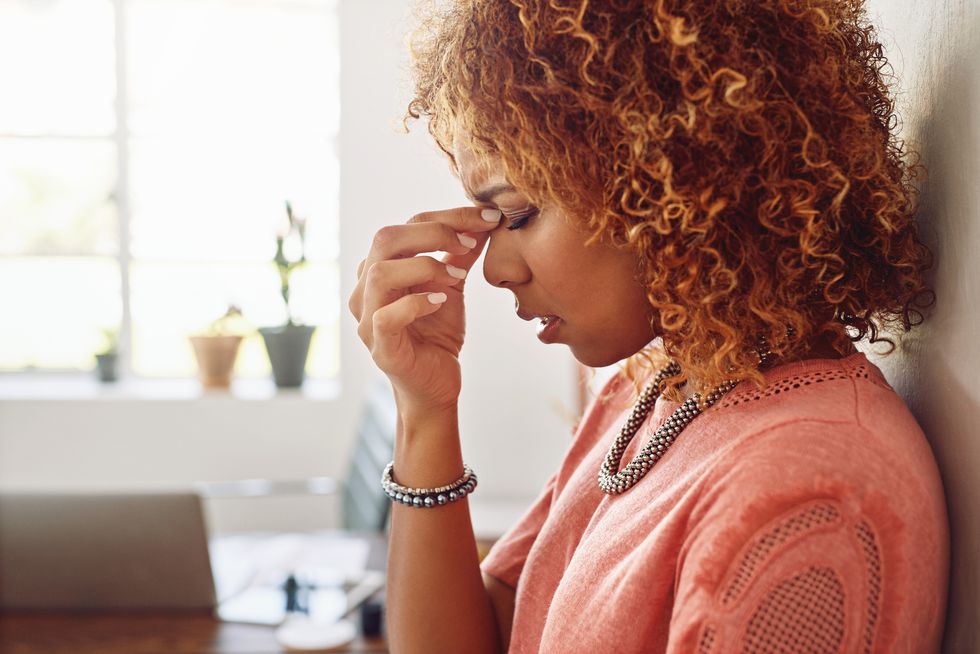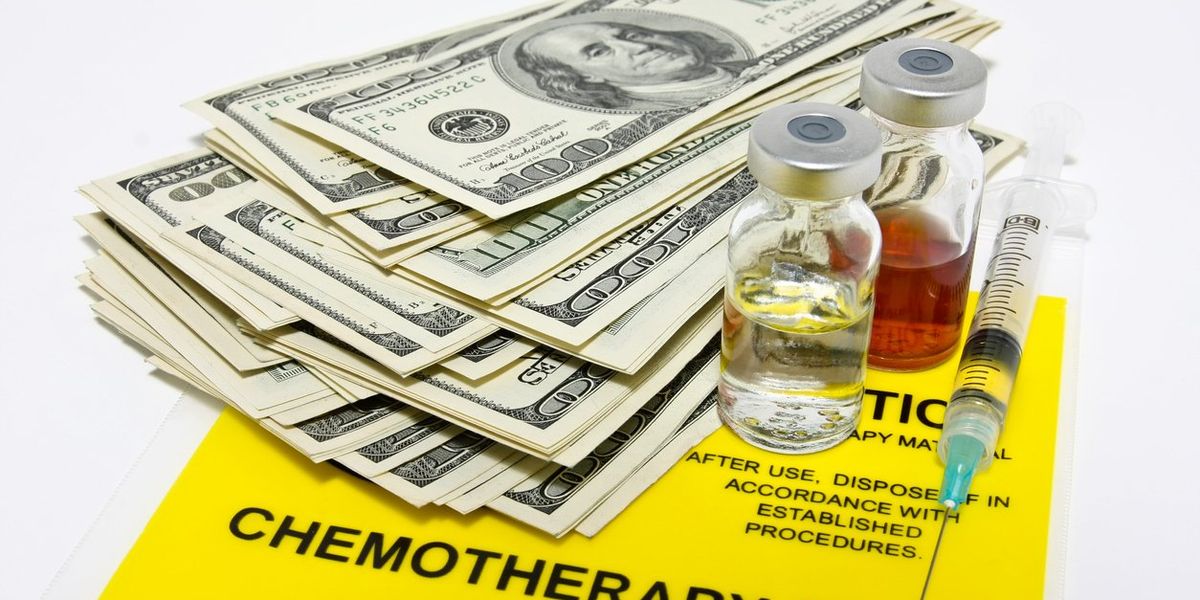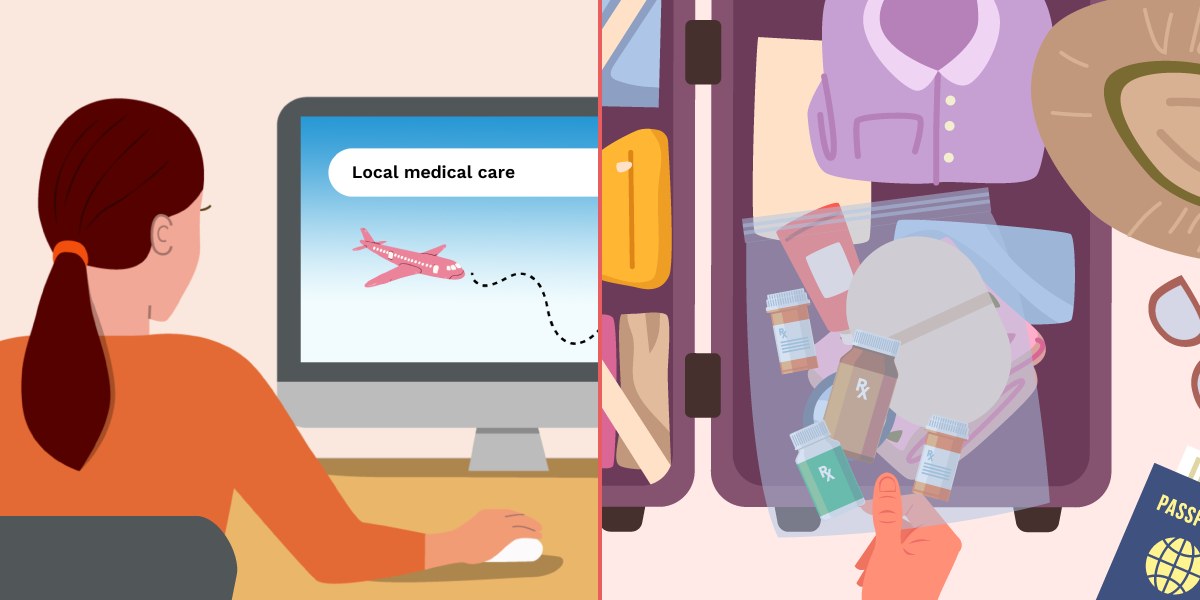
Traveling is an important part of many people’s lives. You may need to travel for business, medical treatment, or just for the fun of it. No matter what the reason, don’t let urothelial bladder cancer (UBC) treatment keep you from packing your bags for the trip.
“A little planning will prevent any hiccups on your trip,” said Ed Pfueller, communications and media outreach manager for United Ostomy Associations of America (UOAA). We asked Ed to provide us with some travel tips during treatments and other important information you should know before you leave.
Talk to your healthcare provider
Before you schedule any travel, talk to your healthcare provider (HCP) to see if it is safe for you to travel. If you recently had surgery, your doctor may suggest waiting while you recover. Flying or sitting for long periods of time can cause complications such as blood clotsso when you do it, move on as frequently as you can. If your treatment plan requires chemotherapy or immunotherapy, you could have side effects such as fatigue, nausea, diarrhea, or constipation.
Be prepared by carrying a bag in case you have to vomit, as well as tissues, toilet paper or cloths that you can throw away in the toilet. Be sure to locate nearby bathrooms before you need them, so you’re prepared in case you need to use one urgently. Bring anti-nausea, anti-diarrhea, and laxative medications if your HCP allows.
Chemotherapy can also raise your risk of infections, so:
- Wash your hands frequently.
- Use hand sanitizer.
- Drink bottled water.
- Wear a mask.
Ask your HCP about the current guidelines for pre-travel vaccinations and how they apply to you. Although the Covid-19 vaccine is still suggested for most people and additional vaccines may also be recommended for visiting certain countries, your HCP may prefer that you wait until you are finished with treatment before receiving certain vaccines.
Plan ahead
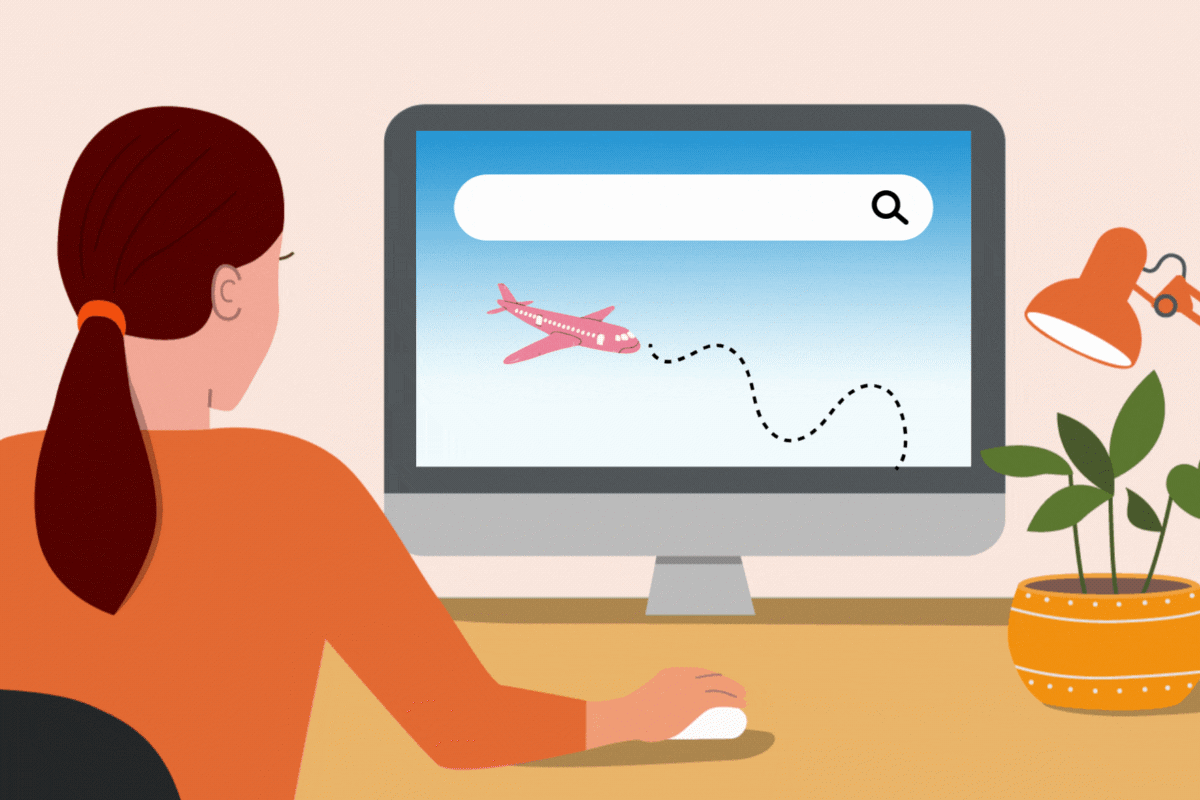
If you are currently receiving treatment, ask your HCP for a letter informing other medical professionals about your condition and medications in case you need treatment while you are traveling.
Before you travel, research local health care where you are going. Find out where the nearest hospitals are located and if your health insurance will cover any care required while you are traveling. If you’re traveling outside the U.S., consider purchasing a travel insurance policy that covers not only missed or canceled flights, but also hospitalizations, out-of-network care, and medical evacuations.
Some women have to travel to receive treatment because they live in places without medical services. In these cases, organizations such as the American Cancer Society or the facilities providing the treatment may be able to provide assistance in arranging transportation, accommodations, or other related details. It’s also a good idea to talk to the facilities that provide the treatment before you leave about local resources they can provide or recommend.
Read Life after diagnosis: Doing what you love with urothelial bladder cancer >>
Get ready
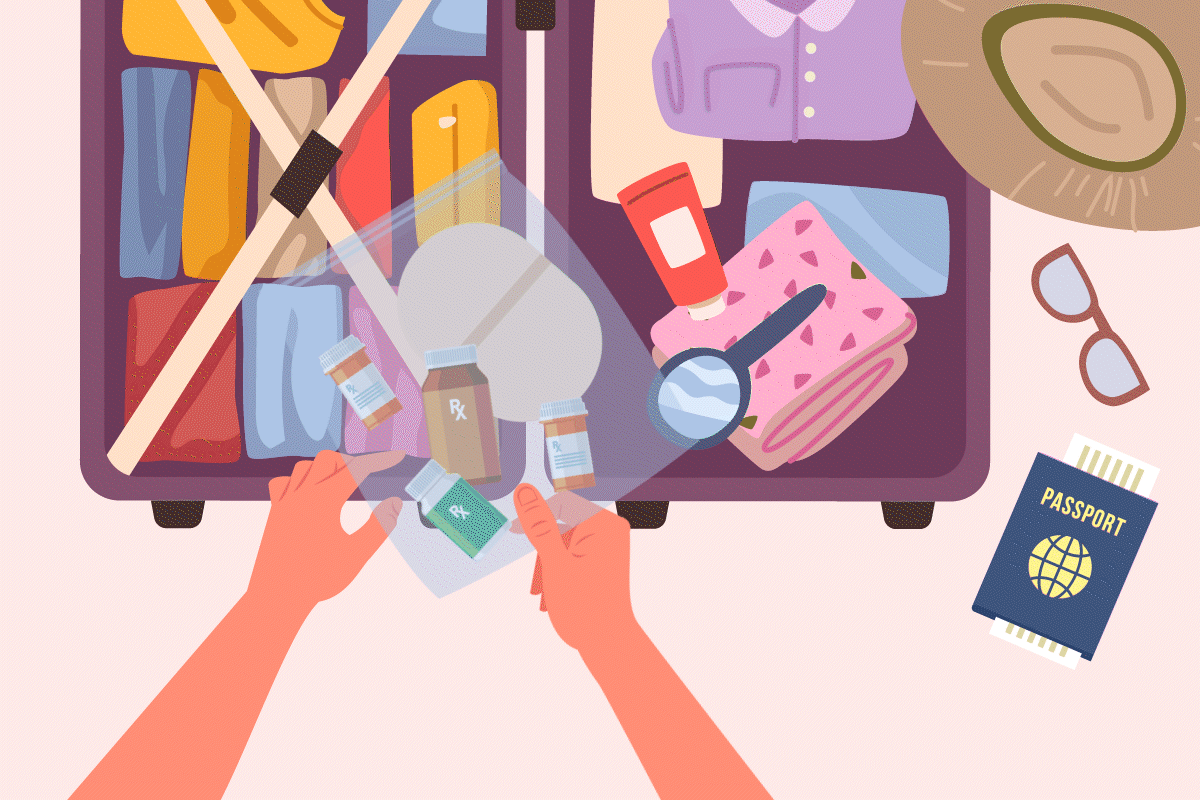
Pack all your ostomy medications and supplements in a small, accessible bag so you can get to them easily and don’t have to worry about the luggage you’ve half-delivered getting lost or delayed.
- Bring twice as many supplies as you would normally use for the period of time you will be traveling.
- Pack extra medications and label them. If possible, use the original prescription labels and original pill bottles. According to TSA regulations [Administración de seguridad en el transporte]Medications and supplies do not have to adhere to the typical liquid rule.
- Cut any barriers that need to be cut for your ostomy bag in your home ahead of time. The TSA currently allows curved-tipped scissors with blades shorter than 4 inches to be carried on board, but packing your ostomy scissors in your dryer luggage or not bringing them at all could help you avoid delays and screening. . additional.
- Download the TSA notification card. The card lets officers know they are traveling with necessary medical supplies such as syringes, cold packs and sharps containers. UOAA also provides a travel communication card which informs TSA agents that you have an ostomy bag. You are not required to show your ostomy bag to officers, although they may ask you to feel it yourself on your clothing and then they will examine your hands.
- You could request a private examination (and a travel companion) and a chair at any time.
- If you travel to another country, take all your medical information, written in the local language of the place you are traveling. The European Ostomy Association [Asociación de ostomía europea] Provides a dictionary of ostomy terms in 19 languages.
- If your medications must be kept cold, use cold packs and a medication travel bag. If you’re staying at a hotel, call ahead to request a small refrigerator if the room doesn’t already have one.
- Pack a set of clean clothes in your small suitcase or the trunk of your car and carry plastic bags and wet cloths so you can clean anything quickly.
- Allow plenty of time at the airport to empty your ostomy bag if necessary.
One last piece of advice from Ed. “Don’t let urothelial bladder cancer (UBC) stop you. Enjoy the life you want to have.”
This resource was prepared with the support of Merck.
resources
UOAA and TSA Air Travel Tips
Traveling during cancer treatments
Life after diagnosis: Doing what you love with urothelial bladder cancer
Basic information related to the ostomy
From the articles on your site
Related articles on the Web



